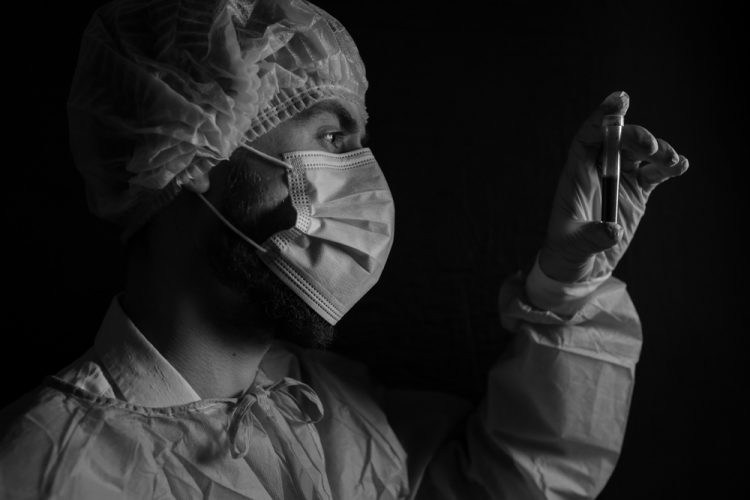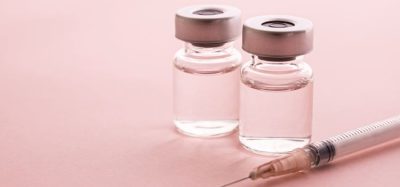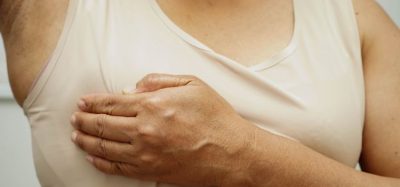Trial finds lopinavir/ritonavir and Arbidol ineffective for mild-to-moderate COVID-19
Posted: 21 April 2020 | Victoria Rees (European Pharmaceutical Review) | No comments yet
A Phase IV trial in 86 patients with mild-to-moderate COVID-19 has indicated that lopinavir/ritonavir (LPV/r) and Arbidol do not improve clinical outcomes.


An exploratory Phase IV randomised, open-labelled, controlled study on the safety and efficacy of either lopinavir/ritonavir (LPV/r) or Arbidol – antivirals used in some countries against HIV-1 and to treat influenza, respectively – as treatments for COVID-19 suggests that neither drug improves the clinical outcome of patients hospitalised with mild-to-moderate cases of the disease over supportive care.
“We found that neither LPV/r nor Arbidol could benefit clinical outcomes for patients and that they might bring some side effects,” said co-senior author Linghua Li, Vice Director of the Centre for Infectious Diseases of Guangzhou Eighth People’s Hospital in Guangzhou, China. “And although the sample size is small, we believe it could still provide meaningful suggestions for proper application of LPV/r or Arbidol for COVID-19.”
The researchers chose to study LPV/r and Arbidol because the antivirals had been selected as candidates for treating COVID-19 in a guidance issued in February 2020 by the National Health Commission of China, based on in vitro cell tests and previous clinical data from severe acute respiratory syndrome (SARS) and Middle East respiratory syndrome (MERS).
“It is important to know if LPV/r is effective for mild/moderate cases with COVID-19,” Li said. “If it is, the medicine could prevent mild/moderate cases from deteriorating to severe status and help reduce the mortality rate.”
The study assessed 86 patients with mild-to-moderate COVID-19, with 34 randomly assigned to receive LPV/r, 35 to receive Arbidol and 17 with no antiviral medication as a control. All three groups showed similar outcomes at seven and 14 days, with no differences between groups in the rates of fever reduction, cough alleviation or improvement of chest CT scan. Patients in both drug groups experienced adverse events such as diarrhoea, nausea and loss of appetite during the follow-up period, while no apparent adverse event occurred in the control group.
“Our findings suggest that we need to cautiously consider before using these drugs,” Li said. “Researchers need to keep working to find a really effective antiviral regimen against COVID-19, but meanwhile, any conclusions about antiviral regimens need strict and scientific clinical trials and appropriate caution.”
The findings appeared in Med, a new medical journal published by Cell Press.
Related topics
Clinical Development, Clinical Trials, Drug Development, Research & Development (R&D), Therapeutics, Viruses









